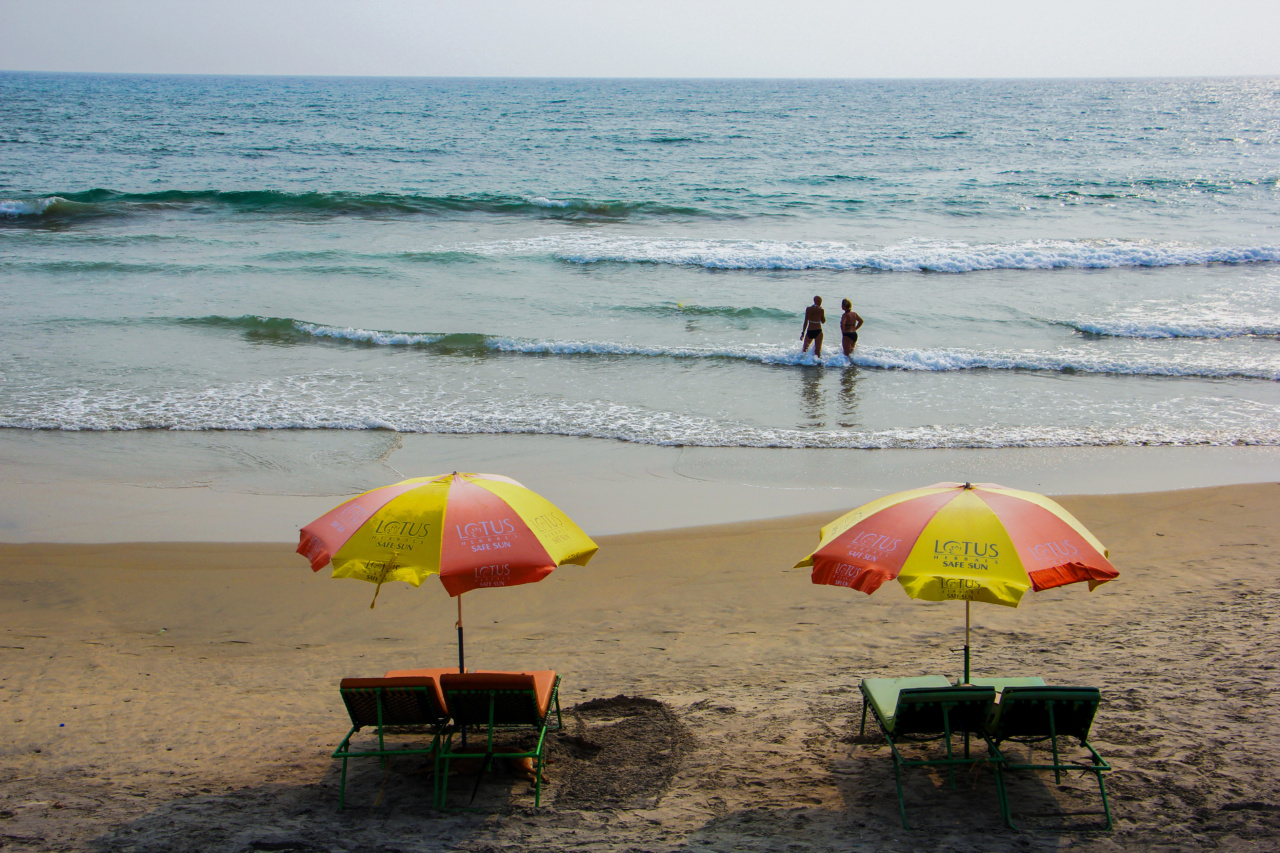Summer is a season that brings not only sunny days and outdoor activities but also an increased risk of kidney stones. Kidney stones are hard deposits made of minerals and salts that form in the kidneys and can cause severe pain and discomfort.
While kidney stones can occur at any time of the year, there is a noticeable seasonal connection between the prevalence of kidney stones and the summer months.
Why are Kidney Stones More Common in the Summer?
There are several factors that contribute to the higher incidence of kidney stones during the summer season. One of the main factors is dehydration. During hot summer days, people tend to sweat more, increasing their risk of dehydration.
When the body is dehydrated, the urine becomes more concentrated, leading to a higher likelihood of kidney stone formation. It is essential to stay adequately hydrated by drinking plenty of fluids, especially water, to reduce the risk of kidney stone formation.
The Role of Diet in Kidney Stone Formation
Diet also plays a significant role in the formation of kidney stones. During the summer, people often consume more salty foods and indulge in summer treats like ice cream, which can contribute to an increase in urinary stone risk.
Foods that are high in sodium promote the excretion of calcium into the urine, increasing the chance of stone formation. Additionally, sugary beverages, such as sodas and sweetened juices, can raise the risk of kidney stones due to their high fructose content.
It is advisable to maintain a balanced diet and limit the intake of foods that are particularly high in salt and sugar to reduce the risk of kidney stone formation.
Impact of Climate on Kidney Stone Formation
Climatic factors also have a role to play in the increased prevalence of kidney stones during the summer. Warmer temperatures result in increased sweating, leading to dehydration if adequate fluids are not consumed.
Additionally, higher temperatures can cause changes in urine composition, making it more conducive to the formation of kidney stones. Extended exposure to sunlight and increased vitamin D synthesis can also increase the absorption of calcium in the intestines, leading to an increased risk of stone formation in susceptible individuals.
It is important to take precautions to stay cool and hydrated during hot summer days to minimize the risk of developing kidney stones.
Effects of Increased Physical Activity
Summer is a season where people engage in various physical activities such as sports, swimming, and hiking. While physical activity is vital for overall health, excessive exercise without proper hydration can contribute to kidney stone formation.
Sweating during exercise can lead to dehydration, concentrated urine, and an increased risk of stone formation. It is essential to maintain a balance between physical activity and fluid intake to prevent the development of kidney stones.
Preventive Measures for Kidney Stone Formation in Summer
Fortunately, there are proactive measures you can take to reduce the risk of kidney stone formation during the summer:.
- Stay adequately hydrated by drinking plenty of fluids, especially water. Aim for at least 8 to 10 glasses of water per day.
- Limited consumption of salty foods and processed snacks.
- Avoid excessive intake of sugary beverages and opt for healthier alternatives like infused water or herbal tea.
- Include foods rich in citrate, such as lemons and oranges, which can help prevent stone formation.
- Maintain a balanced diet that includes a variety of fruits, vegetables, and whole grains.
- Avoid prolonged exposure to extreme heat and protect yourself from the sun to prevent excessive sweating and dehydration.
- If you are prone to kidney stones or have a history of kidney stone formation, consult with a healthcare professional for personalized advice and guidance.
When to Seek Medical Attention
While most kidney stones can be passed naturally with increased fluid intake, there are situations when medical attention is necessary.
If you experience severe pain, blood in your urine, uncontrollable vomiting, or signs of infection (e.g., fever, chills), it is crucial to seek immediate medical help. A healthcare professional will be able to diagnose the condition and provide appropriate treatment, which may include pain management, medication, or, in severe cases, surgical intervention.
Conclusion
The summer season is undoubtedly a time to enjoy outdoor activities and soak up the sun. However, it is essential to be aware of the increased risk of kidney stones during this time.
By staying hydrated, maintaining a balanced diet, and taking necessary precautions, you can minimize the chances of kidney stone formation. Enjoy the summer while keeping your kidneys healthy and stone-free!.































